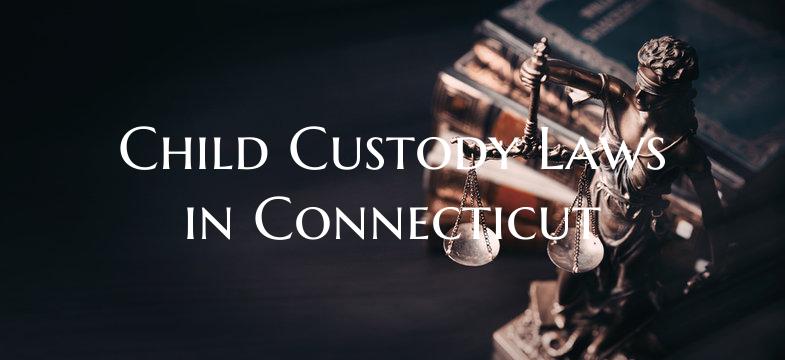
Child Custody Laws in Connecticut
Child Custody Laws in Connecticut
Child custody cases can be complex and emotional, requiring a thorough understanding of the laws and regulations in place to protect the best interests of the child. In Connecticut, like in many other states, child custody decisions are based on what is deemed to be in the child's best interest. When parents are unable to reach a custody agreement on their own, the family court will intervene to make a determination. Here are some essential aspects of child custody laws in Connecticut:
1. Types of Custody: In Connecticut, there are two main types of custody - physical custody and legal custody. Physical custody refers to where the child resides primarily, while legal custody pertains to decision-making authority regarding the child's upbringing, including matters related to education, healthcare, and religion.
2. Best Interest of the Child: When deciding custody arrangements, the court considers various factors to determine the child's best interests. These factors may include the child's relationship with each parent, the parents' ability to cooperate, the child's adjustment to their home, school, and community, and any history of domestic violence or substance abuse.
3. Custody Evaluations: In some cases, the court may order a custody evaluation to be conducted by a neutral third party, such as a mental health professional. The evaluator will assess the family dynamics, parental capabilities, and the child's preferences to provide recommendations to the court.
4. Parenting Plans: Parents involved in a custody case are often required to submit a parenting plan detailing the proposed custody arrangement, visitation schedule, and decision-making responsibilities. If parents can agree on a plan, the court will typically approve it unless it is not in the child's best interest.
5. Modification of Custody Orders: Circumstances may change after a custody order is in place, prompting a parent to seek a modification. A parent must demonstrate a substantial change in circumstances that impacts the child's well-being to request a modification of the custody arrangement.
Navigating child custody laws in Connecticut can be challenging, especially during emotional and stressful times. Seeking legal guidance from a family law attorney experienced in child custody matters is crucial to ensuring that the child's best interests are protected while advocating for your rights as a parent. By understanding the legal framework and requirements surrounding child custody in Connecticut, parents can work towards a fair and sustainable custody arrangement that prioritizes the well-being of their child.
